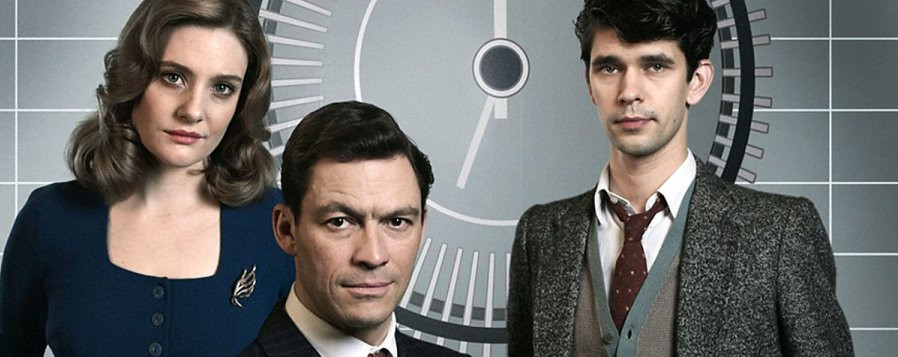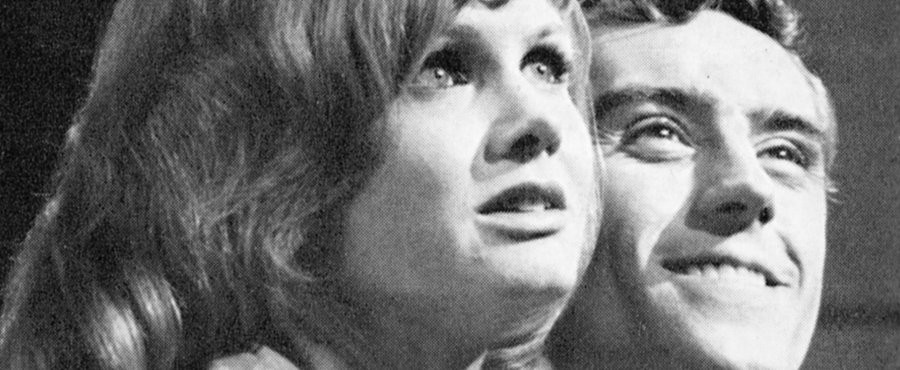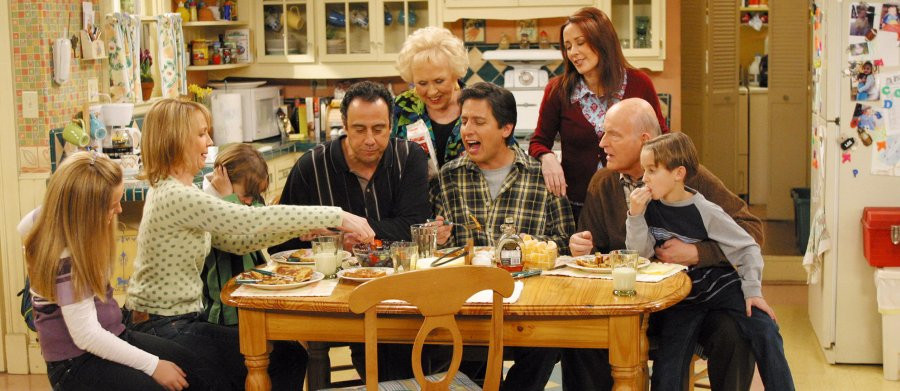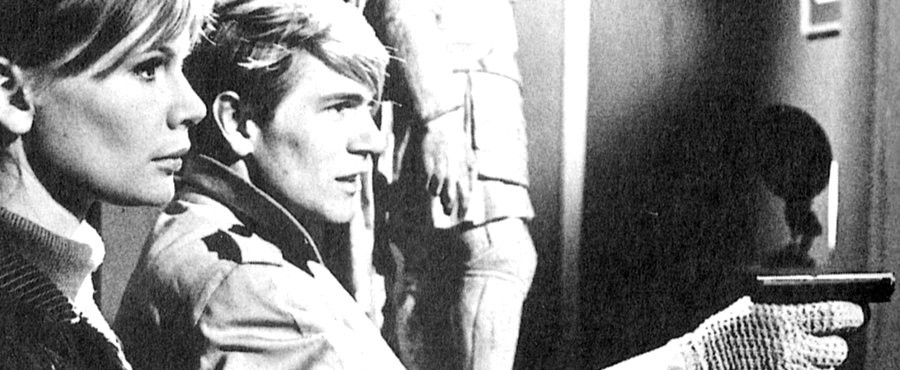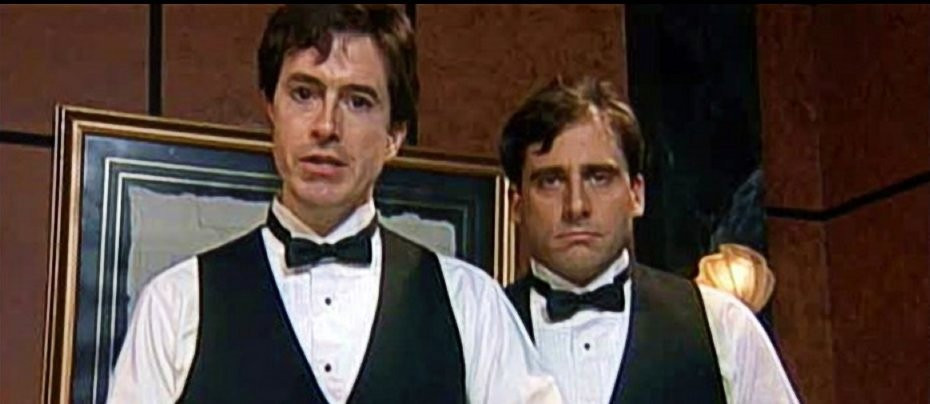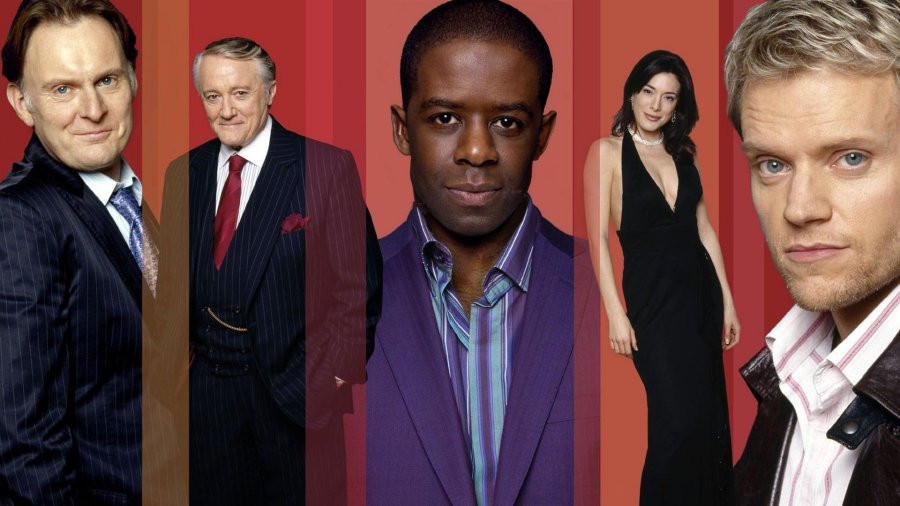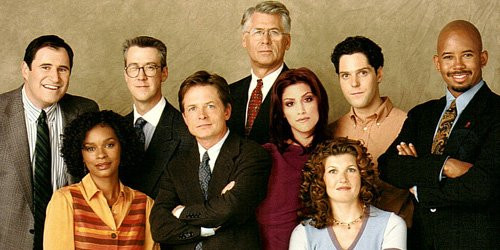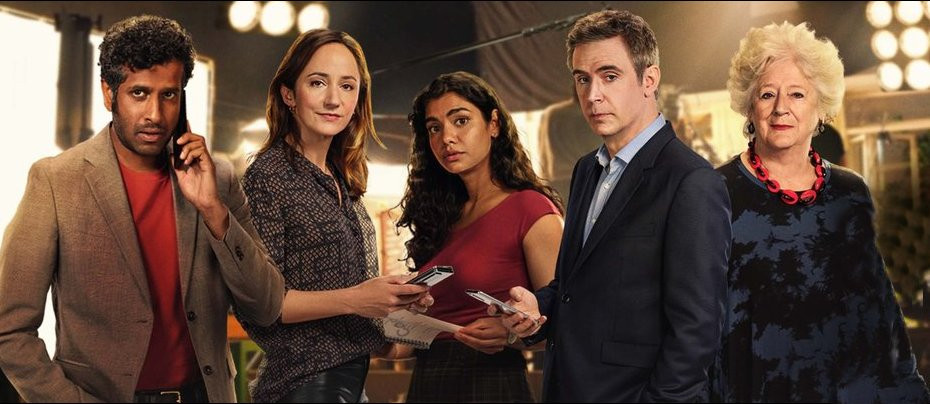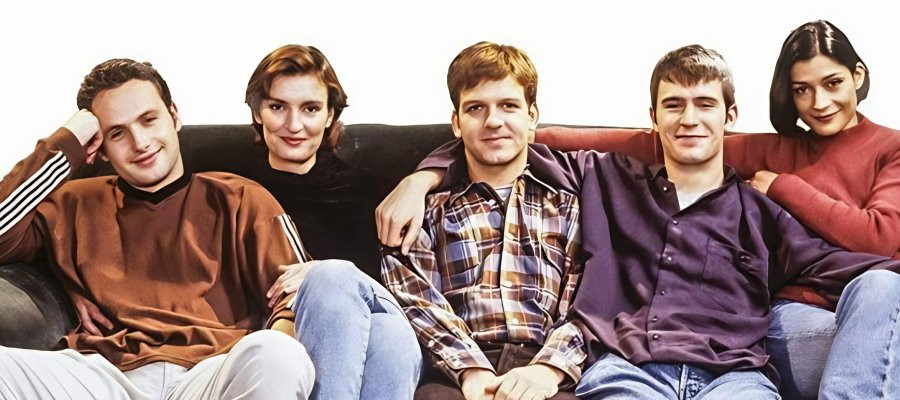
This Life
1996 - United KingdomIf you believed that life crises were the preserve of the middle-aged, then you clearly missed the 32 episodes of This Life, BBC Two’s bold and uncompromising drama that captured the emotional chaos of five twenty-something solicitors sharing a house in south London. The series navigated the frenetic highs and lows of fast-track professional ambition alongside the tangled, often volatile personal lives of a group of young lawyers still trying to figure out who they were — and who they wanted to be.
With a candidness that felt startlingly fresh at the time, This Life tackled taboo subjects head-on — from drug use and casual sex to homosexuality and emotional breakdown — portraying a professional class not as buttoned-up paragons of virtue but as flawed, impulsive, and recognisably human. The language was raw, the emotions real, and the characters deeply relatable. Its stark realism was underpinned by jittery, hand-held camerawork — borrowed from the then-recently popularised aesthetic of NYPD Blue — which lent an almost documentary-like immediacy to each scene.
What began as a niche series quietly developed into a cult phenomenon, much to the BBC’s initial discomfort. That discomfort was short-lived. As This Life grew in popularity, it swiftly became one of the broadcaster’s most talked-about dramas of the 1990s.
The concept originated with BBC Two controller Michael Jackson and was brought to life by acclaimed producer Tony Garnett and debut writer Amy Jenkins — then just 29 years old, and the daughter of the late Roy Jenkins, the former Home Secretary and SDP co-founder. Jenkins said at the time: “I wanted to give a voice to my generation, because they've never had one on television. We wanted to reflect the reality of a generation that can't expect to do better than their parents, that struggles to buy property, to get work, and isn't shocked by casual drug use. There's a new cynicism — or realism — about relationships because so many of us have seen our parents split up. This Life isn’t about these issues, but they form the backdrop to everything.”
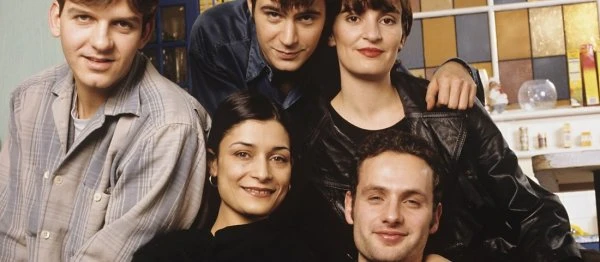
Jenkins, like her characters, had once studied law and briefly worked as a trainee solicitor in the City before leaving to pursue her ambition of becoming a writer. To make ends meet, she sold jumpers at a London market and promoted underground club nights. Her lived experiences brought a hard-won authenticity to the show. "This Life isn't a legal drama,” she explained. “It's about the characters — their relationships, their friendships, and the way they feel and behave at work. We see how they handle their cases and what they learn about themselves through the process. But we never go into the courtroom — the drama is human, not procedural. Our characters may be professionals, but they’re not afraid to swear, take drugs, have sex, and watch football. They're trying to escape but also trying to find themselves. They read self-help books, they go to therapy — they're figuring it all out."
By the end of the first series, This Life had drawn in a much broader audience than the BBC had anticipated. Its second series, which aired in 1997, was expanded to 22 episodes in recognition of its growing appeal across demographic lines. But with greater visibility came more scrutiny. While many viewers connected with the raw honesty of the show, certain sections of the press were less impressed. The Daily Mail, never one to shy from moral outrage, decried what it saw as "the destruction of young minds" — and was particularly appalled by “simulated sex between homosexuals.” More sympathetic voices, such as the Financial Times, praised the series for “showing young people behaving as they actually do behave.”
Despite its success, the BBC controversially decided not to commission a third series. Reactions were sharply divided. Traditional papers that had long criticised the show’s graphic sex scenes, coarse language, and relaxed portrayal of drug use welcomed the news. But the more than four million loyal viewers who had tuned in religiously were left dismayed. Many plot threads were left unresolved, with cliffhangers hanging tantalisingly in the air. Despite an outpouring of public support and calls for continuation, the BBC remained unmoved, citing — somewhat unconvincingly — that the series had simply reached the end of its “natural life.”
In keeping with its commitment to realism, This Life departed the airwaves just as it had lived — without closure, without neat resolutions, and very much on its own terms.
Powered by incisive writing, confident direction, and a pitch-perfect ensemble cast, This Life stands as one of the most daring, relevant, and emotionally resonant dramas of British television’s final pre-digital decade. It captured the uncertainty, angst, and exhilaration of being young and ambitious in the 1990s — and in doing so, carved out a permanent place in the hearts of a generation.
Seen this show? How do you rate it?
Seen this show? How do you rate it?
Published on February 6th, 2019. Written by Percival Wexley-Smith (2025) for Television Heaven.


